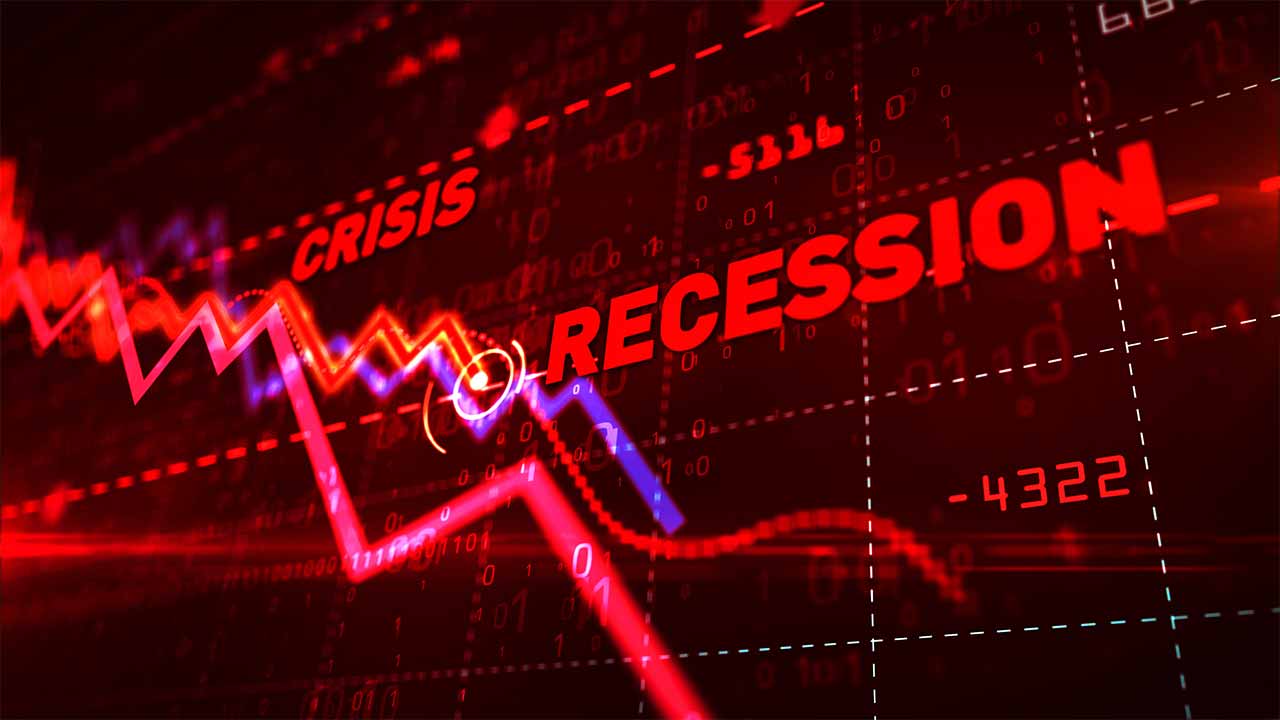(Stefan Gleason, Money Metals News Service) The mainstream financial media is reporting that inflation is coming down.
It’s not coming down to the Federal Reserve’s supposed 2% target – let alone low enough to cease being a persistent problem for millions of families. Nor is it even clear that the rate of price level increases is on a path lower in 2024.
According to William J. Luther of the American Institute for Economic Research:
Inflation picked up in January, according to the latest data from the Bureau of Economic Analysis (BEA). The Personal Consumption Expenditures Price Index (PCEPI), which is the Federal Reserve’s preferred measure of inflation, grew at a continuously compounding annual rate of 4.1 percent in the first month of the year.
The PCEPI has grown at an annualized rate of 1.8 percent over the last three months and 2.5 percent over the last six months. Prices today are 8.4 percentage points higher than they would have been had they grown at an annualized rate of 2.0 percent since January 2020.
Some categories of consumer prices are up much more than the overall official reading (which has been engineered by federal bureaucrats to understate food, shelter, healthcare and other expenses).
For example, food stamp costs for family meals have jumped more than 30% over the past three years. Automobile insurance rates are up 26%. And rising housing costs continue to outpace income growth.
To the extent that consumer price increases do ease at all this year, it will be because the economy is slowing.
The latest manufacturing data releases suggest the industrial sector is seeing softening demand. States are starting to report rising levels of job losses. And consumers are growing more negative toward the economy.
The Conference Board reported last week that consumer confidence fell in February for the first time in three months. Americans’ expectations for income and business conditions saw a significant decline, falling below a threshold that “often signals recession ahead,” according to the Conference Board.
Contrary to how ordinary Americans are feeling about the economy, the Biden administration is trying to sell them the narrative that it’s gotten far better since he assumed office.
But judging by Joe Biden’s historically low approval rating, that narrative isn’t resonating with many voters.
The upshot is that pressure on the Fed to cut interest rates will likely grow between now and November.
When central bankers finally do relent and begin easing, the U.S. dollar can be expected to weaken in the currency market. That could be the catalyst precious metals markets need to move meaningfully higher.
Stefan Gleason is CEO of Money Metals Exchange, the company has been named “Best Overall Online Precious Metals Dealer” by Investopedia. A graduate of the University of Florida, Gleason is a seasoned business leader, investor, political strategist, and grassroots activist. Gleason has frequently appeared on national television networks such as CNN, FoxNews, and CNBC and in hundreds of publications such as the Wall Street Journal, TheStreet, and Seeking Alpha.

